Updated on 13 Jan
In an era where efficiency and agility are paramount for business success, companies are continually searching for ways to enhance their operations and optimize supply chain management. Enter third-party logistics (3PL logistics), a powerful strategy that allows businesses to outsource their logistics and streamline processes. While the benefits of 3PL services are undeniable, the terminology and options can often feel overwhelming, especially for those new to the concept. This tutorial will equip you with the insights and tools necessary to unlock the true potential of third-party logistics, ultimately propelling your business toward greater productivity and success.
What's inside:
What is 3PL Logistics’ definition, and how does it work?
Third-party logistics (3PL Logistics) refers to the outsourcing of logistics and supply chain management functions to specialized service providers. This can include a wide range of services such as transportation, warehousing, inventory management, order fulfillment, and even shipping solutions. The concept of 3PL can seem daunting at first, especially for businesses that may be accustomed to managing these operations in-house. However, understanding how it works can unveil valuable opportunities for efficiency and scalability.
At the core of 3PL is the idea of leveraging the expertise and resources of a logistics partner. When a company chooses to engage a 3PL provider, it allows them to focus on their core business activities while leaving the complexities of logistics to experts. The 3PL provider acts as an extension of the business, managing the flow of products from suppliers to customers. Once a contract is signed, the provider takes over key logistics operations and collaborates closely with the company to create a streamlined supply chain solution. This could involve optimizing warehousing solutions, employing advanced logistics technology, and coordinating transportation to mitigate delays and enhance delivery speeds.
What Are 3PL Companies?
3PL companies are external service partners that manage and execute logistics operations for businesses. Their services typically include:
- Transportation: Managing the movement of goods from point A to point B.
- Warehousing: Storing inventory in strategically located facilities.
- Inventory Management: Ensuring stock levels are optimized.
- Order Fulfillment: Picking, packing, and shipping products to end customers.
- Freight Forwarding: Handling complex international shipping logistics.
These companies act as an intermediary between businesses and customers, enabling smoother and more efficient supply chain operations.
Benefits of Using 3PL Companies
- Cost Savings:
- Outsourcing logistics eliminates the need for businesses to invest in warehouses, fleets, and staffing.
- Providers leverage economies of scale to offer competitive pricing.
- Expertise and Technology:
- Access to advanced logistics technology like Transportation Management Systems (TMS) and Warehouse Management Systems (WMS).
- Expertise in navigating complex regulations, customs, and compliance.
- Scalability and Flexibility:
- Easily scale operations during peak seasons or expand into new markets.
- Flexible solutions tailored to specific business needs.
- Focus on Core Competencies:
- Delegating logistics allows businesses to concentrate on their primary operations, such as product development and marketing.
- Improved Customer Experience:
- Faster delivery times and accurate order tracking enhance customer satisfaction.
What is 4PL logistics and how does it differ from 3PL logistics?
In the world of logistics, you may come across various acronyms that can seem daunting. Two prominent players in this field are 3PL logistics (Third-Party Logistics) and 4PL logistics (Fourth-Party Logistics). While both aim to enhance supply chain performance, understanding their distinctions is vital for any business looking to optimize its logistics strategies.
What is 4PL Logistics?
4PL logistics refers to a more comprehensive approach to supply chain management. Unlike 3PL logistics, which primarily focuses on the execution of logistics tasks—such as transportation, warehousing, and distribution—4PL providers take on a more strategic role. They act as a single point of contact for managing the entire supply chain, integrating various players and logistics services into a coherent system that aligns with your business objectives. Essentially, a 4PL provider acts as a logistics orchestrator, ensuring all components of the supply chain work in harmony for maximum efficiency.
How Does 4PL Differ from 3PL?
The primary distinction lies in the scope of services and the level of oversight each offers. While 3PL focuses on the physical handling of goods, 4PL goes beyond that to incorporate strategic planning, IT solutions, and broader supply chain oversight. Here are a few key differences:
1. Scope of Services:
3PL providers are often limited to logistics functions, while 4PL managers handle strategy, consulting, and integration of services from multiple logistics providers.
2. Management Role:
3PLs typically operate as service providers who execute tasks, whereas 4PLs take a more advisory role, analyzing and optimizing the entire logistics process from start to finish.
3. Technology Integration:
4PL providers often utilize advanced technology and data analytics to enhance visibility and provide insights into supply chain performance, facilitating a more streamlined and informed decision-making process.
4. Flexibility and Scalability:
4PL services can be particularly beneficial for businesses experiencing rapid growth or change, as they provide the flexibility needed to adapt to new challenges and opportunities. Understanding these differences is essential for making informed decisions about which logistics solution best fits your business objectives.
By choosing the right logistics provider—be it 3PL or 4PL—you can ensure that your operations are not only streamlined but also positioned for future growth and success in today’s fast-paced business landscape.
3PL Warehousing Companies: What to Look For
Choosing the right third-party logistics (3PL) warehousing partner is a critical decision that can significantly impact your supply chain efficiency, customer satisfaction, and overall business performance. Below are key factors to consider when evaluating potential warehousing partners:
1. Facility Location
The proximity of a warehouse to your target market plays a significant role in reducing shipping times and costs. A well-located facility enables quicker deliveries, reduced transportation expenses, and better access to major distribution channels. Evaluate the warehouse’s accessibility to highways, ports, or airports to ensure streamlined logistics.
2. Technology Integration
A modern 3PL warehousing company should offer robust technological capabilities, such as:
- Real-time inventory tracking and management systems.
- Order processing and automation tools.
- Reporting dashboards to provide actionable insights.
- Integration with your existing ERP or e-commerce platforms.
These technologies ensure transparency, efficiency, and seamless communication between you and your warehousing partner.
3. Storage Capacity and Scalability
Assess the warehouse’s ability to accommodate your current inventory levels while providing room for growth as your business expands. Flexible storage solutions, such as adjustable pallet racking systems or bulk storage options, can adapt to seasonal fluctuations and changing demand patterns.
4. Specialized Storage Options
Certain industries require specific storage solutions, such as:
- Temperature-controlled storage for perishable goods.
- Climate-regulated environments for sensitive materials.
- Secure facilities for high-value products.
- Compliance with regulations for hazardous goods storage.
Ensure that the 3PL provider is equipped to meet your unique storage needs while adhering to industry standards and regulations.
5. Value-Added Services
Many top-tier 3PL providers offer additional services to enhance efficiency and support your operations, including:
- Kitting and assembly.
- Reverse logistics for returns.
- Custom packaging and labeling.
- Cross-docking to speed up distribution.
6. Reputation and Customer Service
Research the company’s track record, customer reviews, and industry reputation. A reliable 3PL partner should have a proven history of timely deliveries, accurate order fulfillment, and responsive customer support to address issues quickly and effectively.
7. Cost and Contracts
While pricing is crucial, avoid choosing solely based on the lowest cost. Assess the overall value, including the quality of services, flexibility in contract terms, and potential for long-term partnerships. Transparent pricing models without hidden fees are essential for budget planning.
Best Third Party Warehousing Companies
When selecting a 3PL warehousing partner, consider working with some of the industry’s top performers known for their reliability, innovation, and exceptional service:
1. Expeditors
- Offers global coverage with a strong technology-driven approach.
- Known for scalable solutions and real-time inventory management.
2. DHL Supply Chain
- Provides end-to-end logistics and warehousing services across multiple industries.
- Recognized for sustainability efforts and cutting-edge technology.
3. FedEx Supply Chain
- Focuses on flexible, customized logistics solutions.
- Offers specialized services, including temperature-controlled storage.
4. Geodis
- A top 3PL supplier with extensive networks for distribution and warehousing.
- Renowned for its customer-centric approach and innovative practices.
5. CEVA Logistics
- Strong in e-commerce fulfillment and omnichannel distribution.
- Features advanced technology for efficient inventory and order management.
By carefully evaluating potential partners based on these criteria and exploring industry leaders, you can make an informed decision that aligns with your business needs. The right warehousing partner will drive operational efficiency, reduce costs, and enhance customer satisfaction.
Practical 3PL Examples: Boosting Business Efficiency
Here are some notable 3PL examples that demonstrate the value of 3PL services:
- E-Commerce Fulfillment: An online retailer partners with a 3PL company to handle warehousing, picking, packing, and last-mile delivery. This allows the retailer to focus on marketing and product development while ensuring fast and accurate deliveries to customers. This 3PL example highlights how outsourcing logistics can enhance operational efficiency for e-commerce businesses.
- International Shipping: A manufacturer uses a 3PL company for freight forwarding and customs clearance. This partnership simplifies global trade and ensures the timely delivery of goods to international clients. Such 3PL examples showcase the expertise of these companies in managing complex global logistics.
- Seasonal Scalability: A toy company experiences a surge in demand during the holiday season. By partnering with a 3PL company, the company can quickly scale its logistics operations to meet the increased demand. This is an excellent 3PL example of how these providers offer flexibility and scalability.
These examples illustrate how 3PL providers enable businesses to overcome logistics challenges and achieve operational excellence.
Final Thoughts
As we wrap up our exploration of 3PL logistics and its transformative role in supply chain management, it’s evident that leveraging the right 3PL warehousing companies can significantly elevate your business efficiency. From offering specialized storage solutions to streamlining delivery processes, 3PL companies serve as critical partners in optimizing operations and driving customer satisfaction.
Understanding the distinction between 3PL and 4PL logistics is also crucial—while 3PL providers focus on handling specific logistical functions, 4PL providers go a step further by managing the entire supply chain. Both approaches offer distinct advantages, and your choice depends on your business’s unique requirements.
By evaluating 3PL examples, such as companies excelling in advanced technology integration, scalable storage, and exceptional customer service, you can identify partners that align with your goals. Thoroughly assessing your needs and finding the perfect fit will ensure a strong, lasting partnership.
Thank you for reading, and here’s to your continued success in the dynamic and ever-evolving logistics landscape.
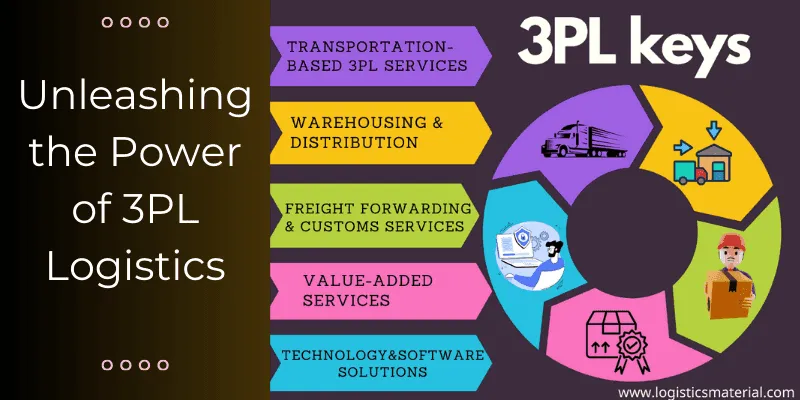

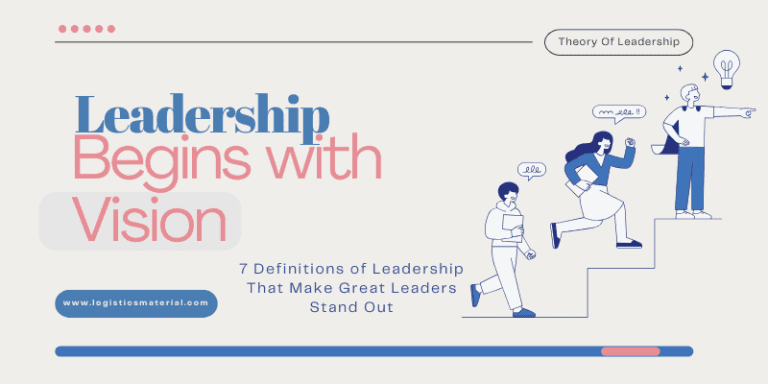
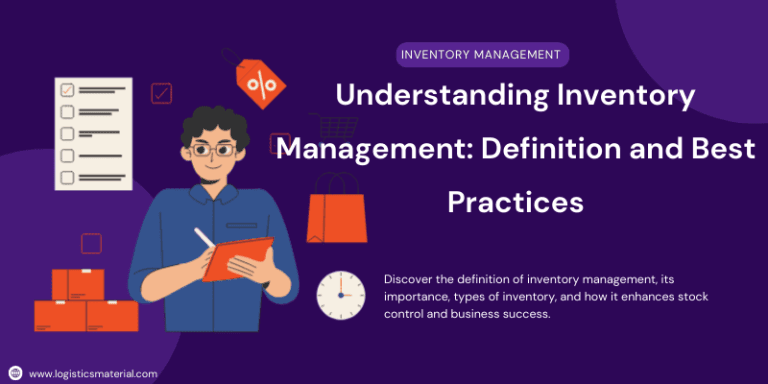
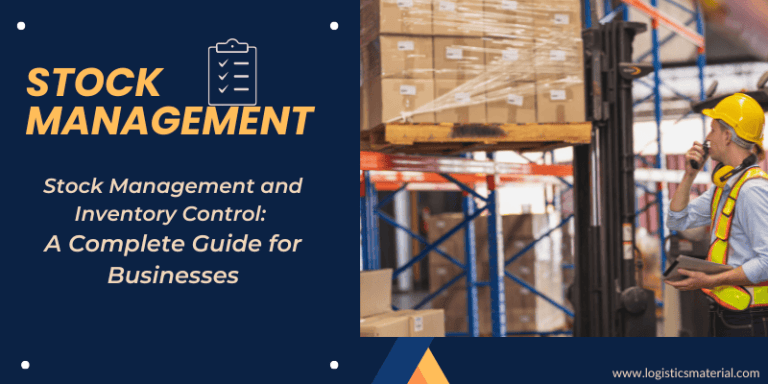
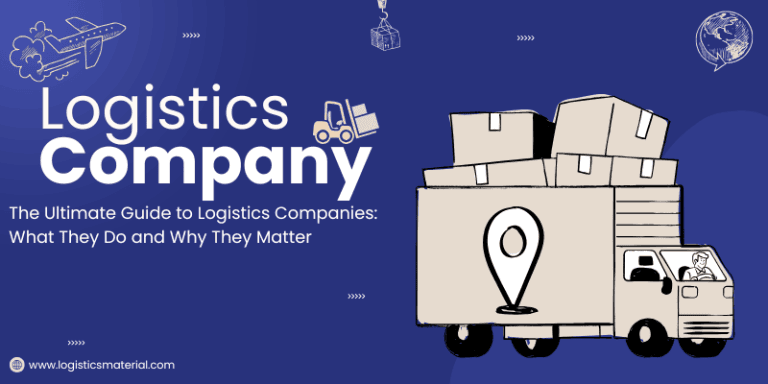

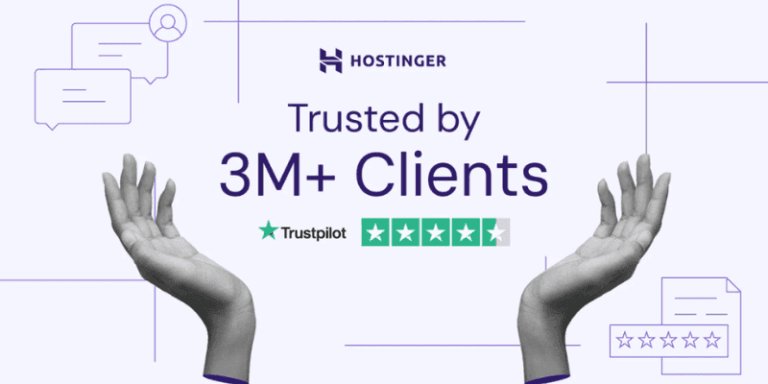
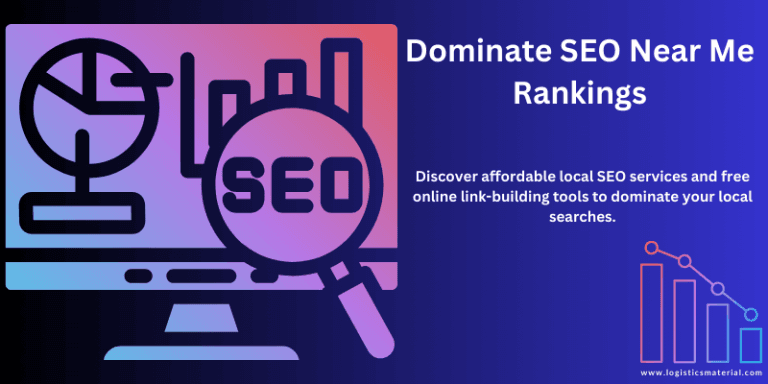
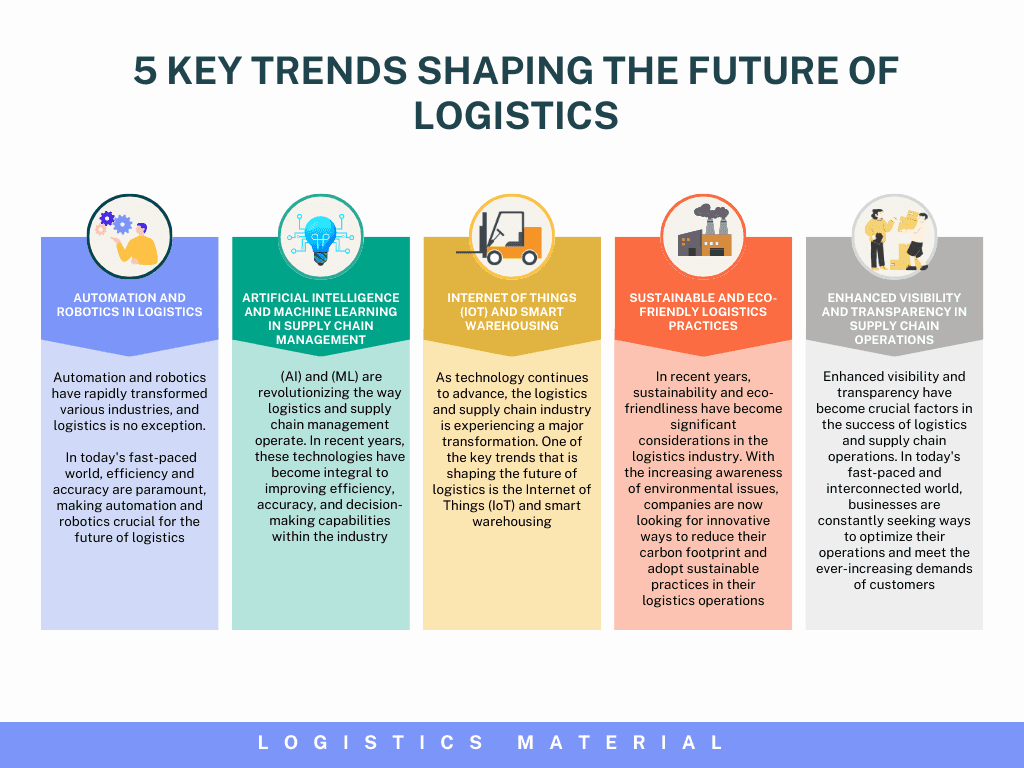

جيد جدا جدا وتستفيد منه الكثير